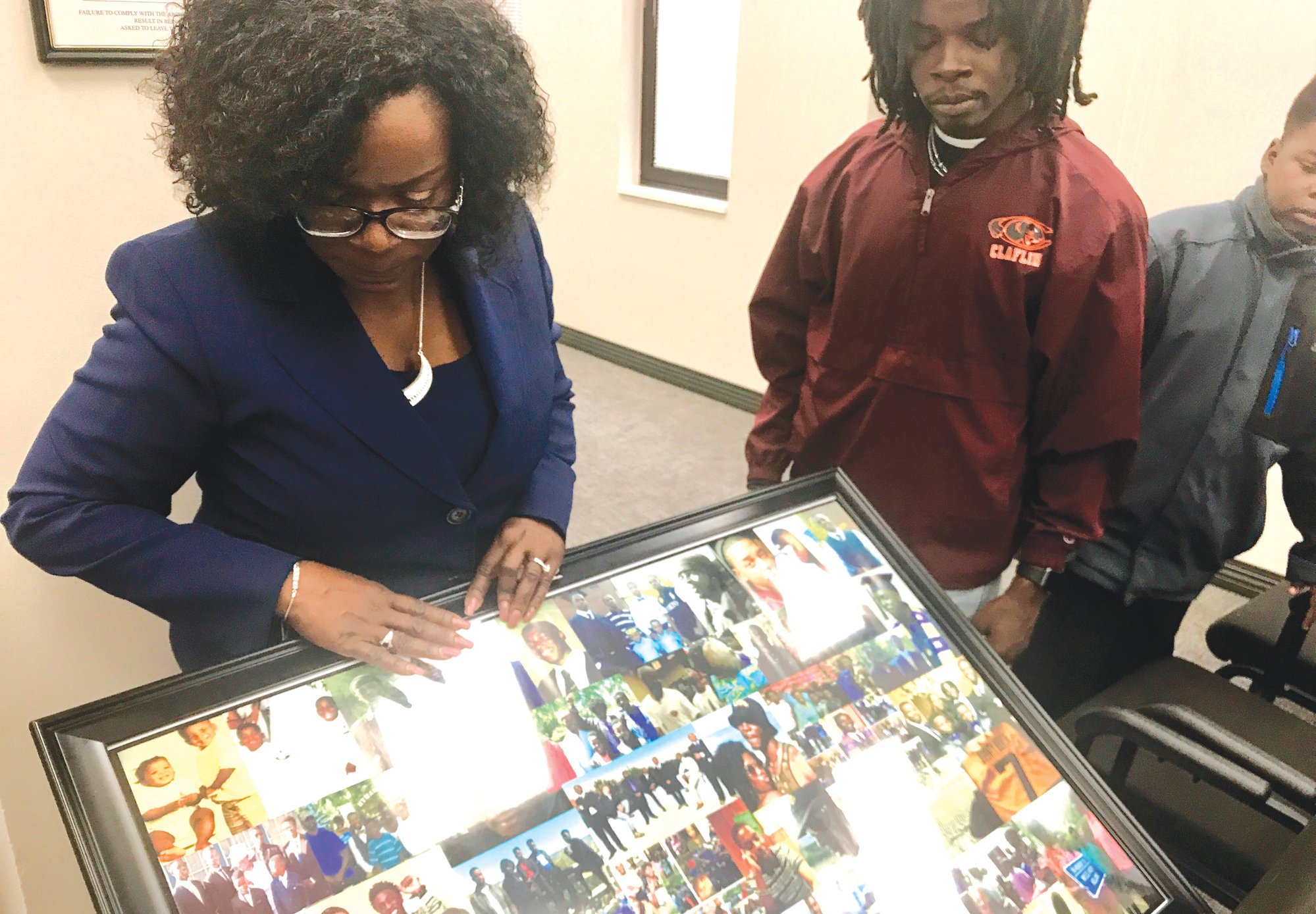S.C. lawmakers hear emotional testimony on prison reform bill
COLUMBIA - South Carolina lawmakers on Thursday heard emotional testimony from family members of victims and advocates as lawmakers discussed legislation set to reform the state's corrections system.
Members of the Senate Corrections and Penology Committee continued hearings surrounding proposed legislation that would allow early release and community supervision for inmates convicted of crimes not eligible for parole, who complete 65 percent of their sentences and do not have disciplinary problems. Lawmakers said the purpose of the legislation is to address overcrowding in state prisons through offering rehabilitation and re-entry programs and incentives for good behavior.
Chairman Sen. Shane Martin said committee members plan to introduce amendments to address some lawmakers' concerns of whether the legislation would apply retroactively and to which offenses under the legislation it would apply.
But the uncertainty of the consequences of the legislation left some family members of victims concerned about whether convicted offenders would know the full extent of their wrongdoings and said having to advocate against such legislation just reopens wounds.
Lisa Hagberg, whose daughter was killed by a drunken driver whom she said was out on bond, said she is not against early release for nonviolent offenders but said if this legislation were to pass, family members should know at the time of sentencing an exact range of time the offender would have to serve.
"There's no comfort, but one of the few things we have is knowing for a certain period of time, that person is not out on the street," Hagberg said.
Dr. Alphene Holland testified on behalf of her son Myles, a 2017 Claflin University graduate, who was struck by a drunken driver while stopped at a traffic light. The mother of six boys said incarcerated individuals need rehabilitation and nonviolent offenders deserve an early release but said the answer to correcting overcrowding is not reducing sentences but lawmakers providing more funding.
"If you're going to consider reducing sentences, then I ask you to start with mine because we were all sentenced to a life without Myles," Holland said. "Reduce the opportunities and the times I had to replay the last conversation I had with my baby, and can you reduce that moment that is forever etched in my brain of seeing Myles laying on that bed in that trauma room?"
Supporters of the legislation said the bill is about providing hope to inmates and letting them know their crime does not define them as a human being. Society has failed incarcerated individuals by not educating and providing them with the necessary emotional and material resources they need to realize their potential, human rights activist Efia Nwangaza said. Nwangaza lost her brother-in-law to gun violence.
"Society has a second chance once they are incarcerated to provide that kind of support so that when they come out, as most do, that they are integrated into society in a way that does in fact affirm their humanity," Nwangaza said.
Martin said the emotional testimony left him speechless at times and said fellow lawmakers would take all of the speakers' accounts into consideration as they work to amend the legislation. The Spartanburg lawmaker said offenders will eventually be back out on the streets and said it is the Legislature's job to figure out how to rehabilitate them during that timeframe.
More Articles to Read

